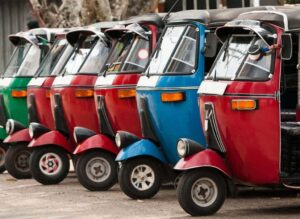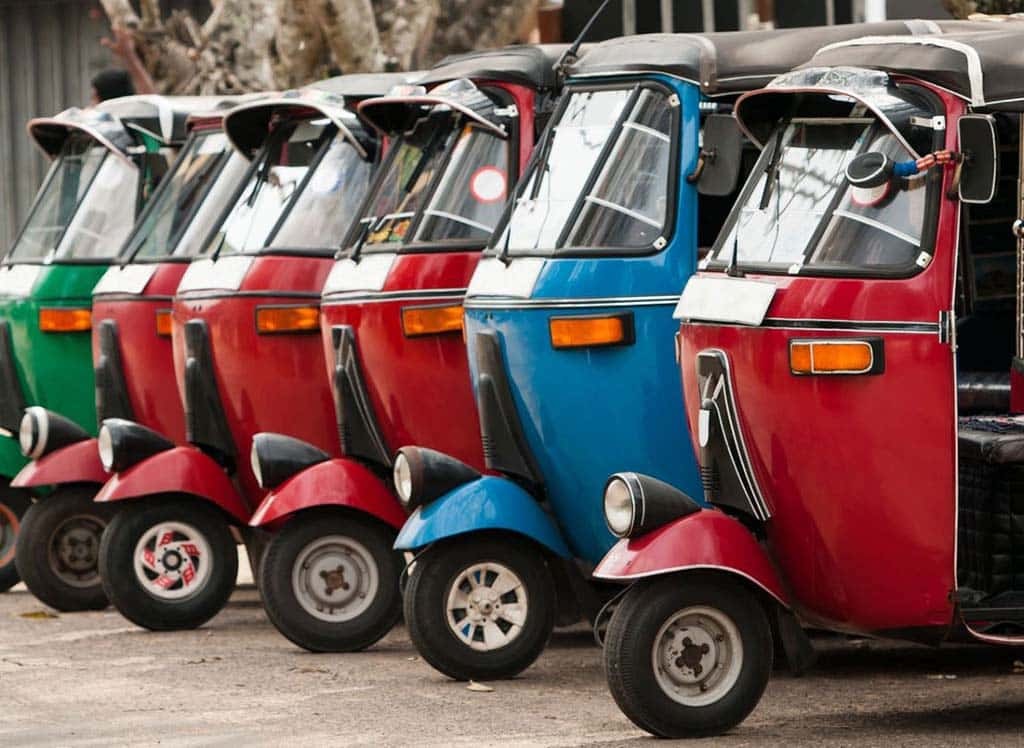Transport Minister Bandula Gunawardana announced that Sri Lanka will expand its price regulation, which currently applies only to buses, to include trishaws, school vans, and office buses. The cabinet has approved amendments to the governing law of the National Transport Commission to extend price control to these additional transport services, according to Minister Gunawardana.

Public demand for price regulation of three-wheelers and school vans surged following a significant devaluation of the rupee, which was exacerbated by the central bank’s monetary policies aimed at flexible inflation targeting and potential output targeting.
Previous attempts to establish a regulatory agency for three-wheelers have seen support from existing drivers who also want to limit new entrants. Despite these regulatory efforts, the import of three-wheelers has not been banned, and demand for these services is rebounding with the ongoing economic recovery.
Number of Three-Wheelers
As of recent data, there are over 1.2 million registered three-wheelers in Sri Lanka.
Proportion of Vehicle Fleet: Three-wheelers make up about 15-20% of the total vehicle fleet in the country.
Approximately 400,000-500,000 individuals are directly employed as three-wheeler drivers.
Average Income: The average monthly income for a three-wheeler driver ranges from LKR 20,000 to LKR 40,000, depending on location and working hours.







